Toyota will race a hydrogen-engined prototype at the 2026 Le Mans 24 Hours - and it has pledged to continue development of hydrogen-combustion powertrains for road cars as it doubles down on its belief that it is a potential route to zero-emissions mobility.
To highlight its decision, the company has unveiled the Toyota GR H2 Racing Concept at Le Mans this morning ahead of the 100th anniversary of the race.
Race organisers have created a hydrogen class for 2026 - open to hydrogen-combustion and hydrogen-fuel-cell racers - and have also pledged to use the category’s 'balance of performance' rules to put the cars on a par with the fastest racing cars, opening up the potential for a hydrogen-powered car to win outright.
From 2030, organisers have said they anticipate all cars racing at Le Mans will be hydrogen powered. While the regulations allow hydrogen fuel cells and combustion engines to be used, the latter is favoured by many - including Toyota - as it retains the noise and visceral emotion of today’s racing machines.
Very few technical details of the Toyota GR H2 Racing Concept have been revealed, beyond the fact that it is powered by a hydrogen engine linked to a hybrid system and is 5100mm long and 2050mm wide. The LMP1-H Le Mans Prototype racer that starts this weekend’s race as favourite is 4650mm long and 1900mm wide.
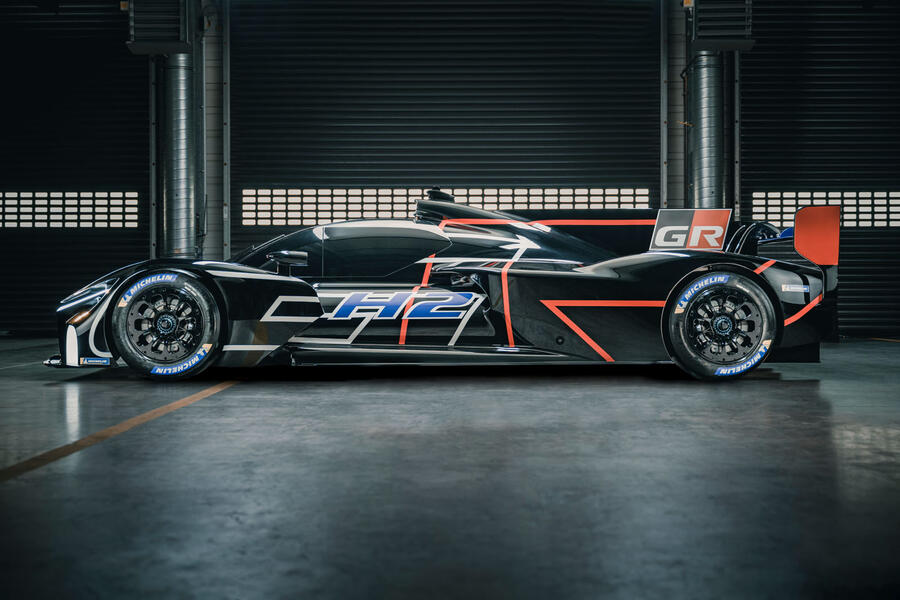
Toyota has long pioneered hydrogen as a zero-CO2 fuel source, commercialising the Toyota Mirai fuel-cell road car as well as developing several heavy-duty uses for the powertrain. However, in recent years, it has stepped up its development of hydrogen-powered engine technology, especially for use in motorsport.
Since 2021, it has been competing in the Super Taikyu Series in Japan using a hydrogen-engined Toyota Corolla. It has also used the car in super endurance racing in Thailand, and earlier this year finished the Fuji 24 Hours with the car.
"Le Mans is a place we can push boundaries and realise the future. My goal is to reach carbon neutrality without compromising the speed or excitement of racing," said Akio Toyoda, speaking to journalists.
"I wouldn’t invest in this technology if I didn’t think we could win with it... Hydrogen is not just about zero emissions but a truly exciting technology: it delivers sound. Torque and dynamics. It is all of these things. For carbon neutrality we will pursue every technology, from battery electric power onwards; hydrogen is just one path we are taking," Toyoda said.
![]()
In a statement about its race programme, Toyota said it had been “honing its technologies in the harsh environment of motorsports and, with like-minded partners in and outside the automotive industry, accelerating its efforts for producing, transporting, and using hydrogen toward the realisation of a carbon-neutral society. Toyota intends to further advance such efforts for making ever-better motorsports-bred cars using a hydrogen-engine Corolla.”
On the potential of hydrogen-powered engines being developed for road applications, Toyota said: “We are about 50% through the development path that is required to get to road car production. We don’t know if we’ll get there, but we are not giving up yet.
“Considering the multitude of customer requirements and the environment across all markets where Toyota sells cars, we prefer to keep a multi-tech approach open.”
Toyota has previously demonstrated hydrogen-engined versions of the GR Yaris, GR Corolla and Corolla Cross.
![]()
The Toyota GR H2 Racing Concept will be developed into a full-blown race car in a collaboration between Toyota’s research facility in Higashi Fuji and Toyota Gazoo Racing Europe in Cologne, which runs the team's current race cars.
It has not yet been decided if the hydrogen racers will compete at Le Mans in 2026, or if any of the team’s current roster of drivers will transfer to the programme. To date, the Corolla has been raced by star names including outgoing Toyota CEO Akio Toyoda under his Morizo nickname and former World Rally Championship driver Jari-Matti Latvala.
Le Mans organisers have talked about running a hydrogen-powered class at the race since 2018, and have previously twice pushed back the deadline to launch a category for the cars. However, it has now tentatively committed to 2026 and to giving cars that compete an equal footing with today’s hypercars. Initially it was anticipated that the category would be run to a one-make chassis spec, but it is believed that there is now sufficient interest among manufacturers that it will be open for individual developments.

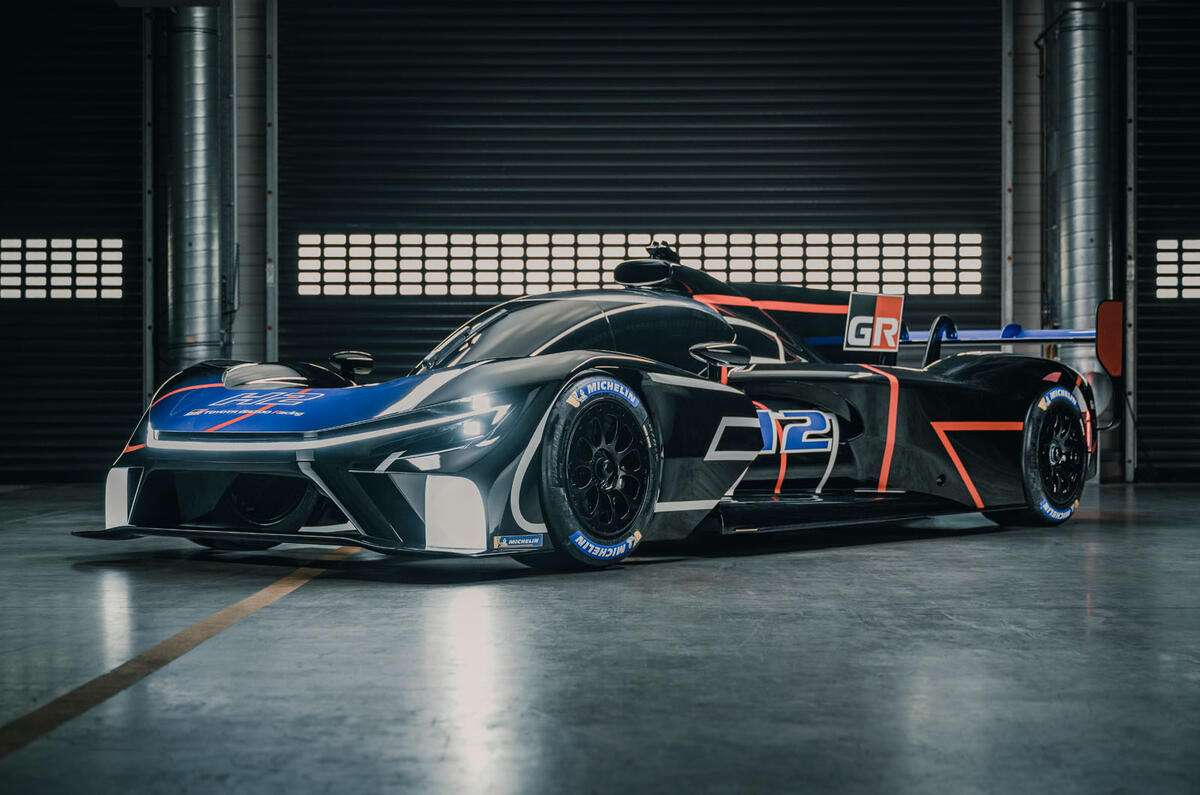
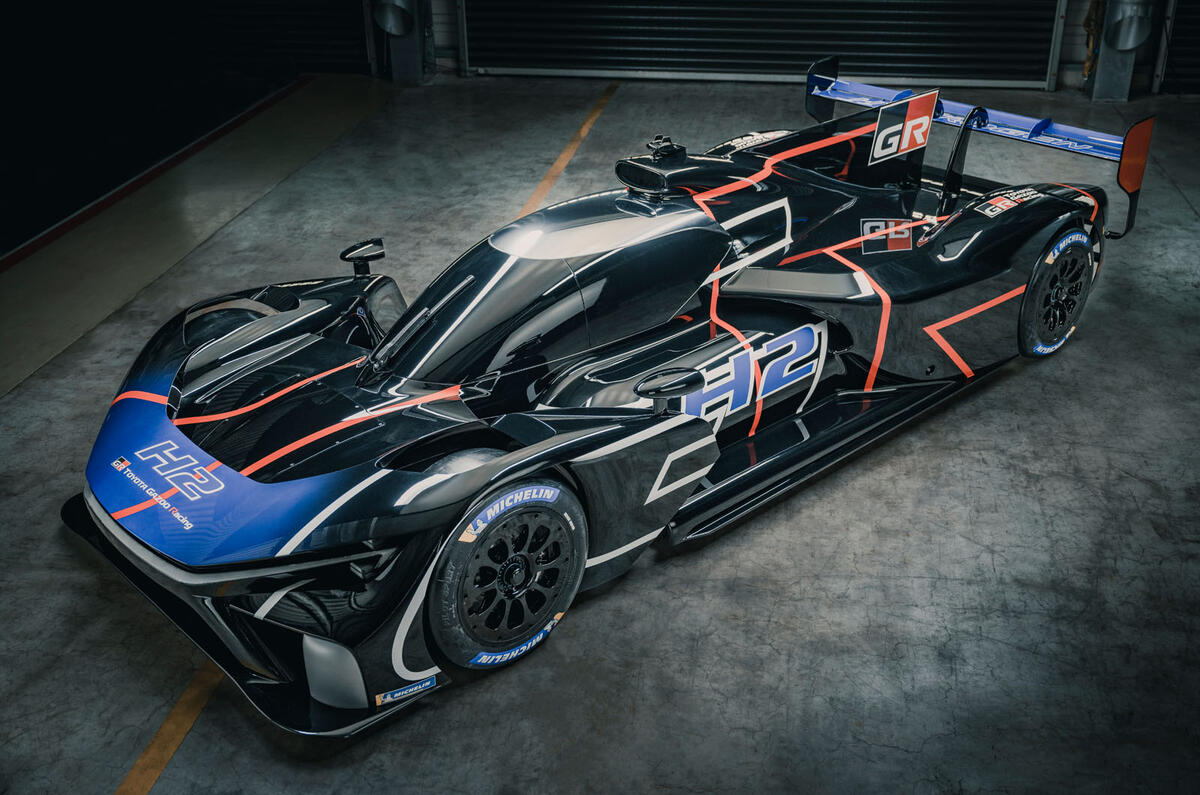
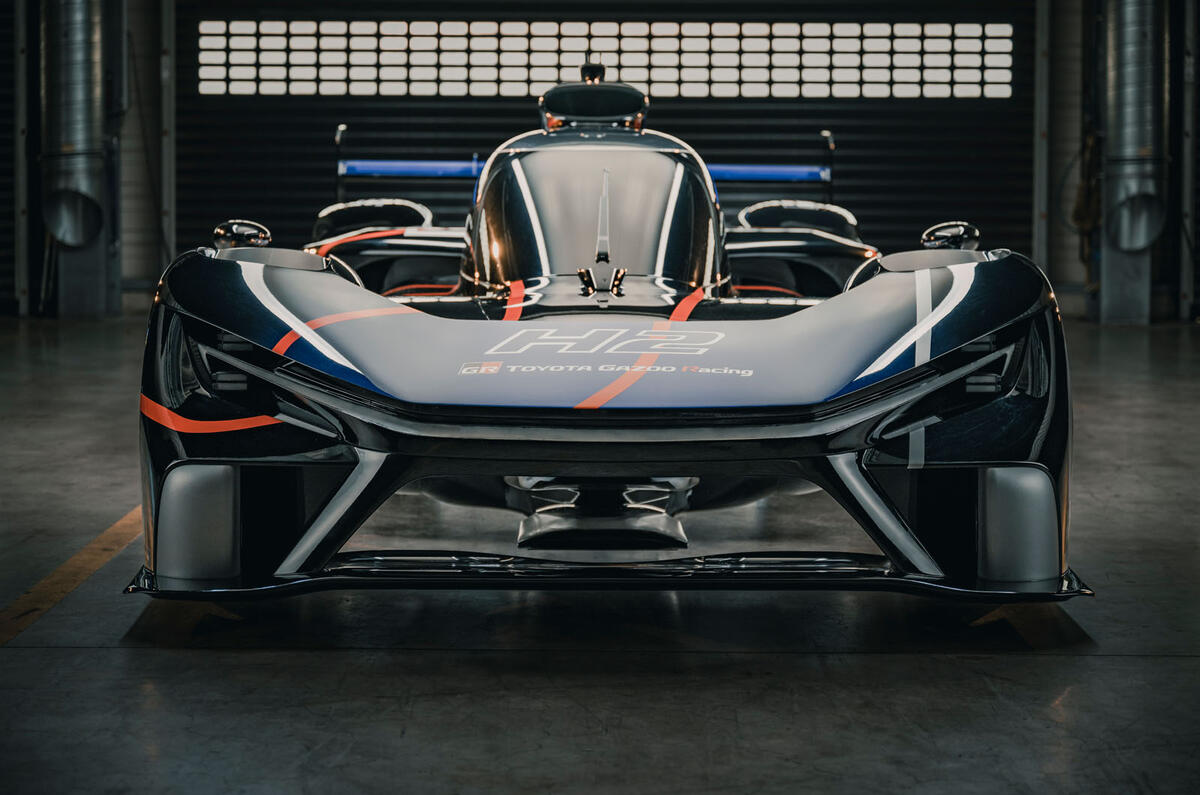
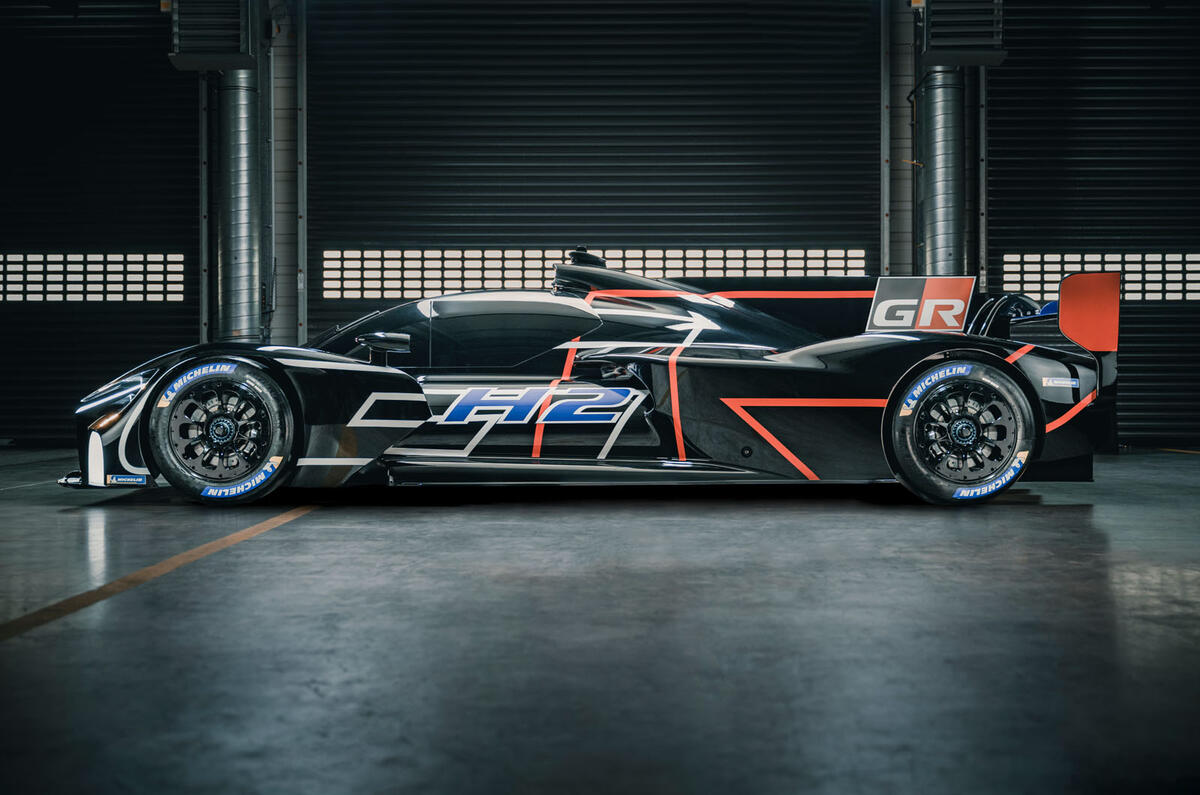
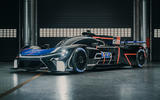
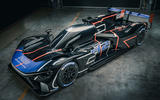
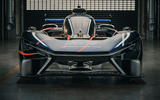
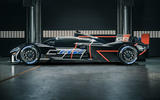


Join the debate
Add your comment
I make over thirty k a month working part-time. I kept hearing from other people telling me how much money they could make online, e3 so I decided to find out. hjk Well, it was all true and it completely changed my life.s…This is where I started…….wbjobs12.blogspot.com
"The LMP1-H Le Mans Prototype racer that starts this weekend’s race as favourite is 4650mm long and 1900mm wide". You're referring to the previous top class of the WEC and Le Mans, Autocar. The current top class is now Hypercar (made up of LMH and LMDh cars) while Toyota's entrant in this class (a LMH car) is 4900mm long and 2000mm wide.